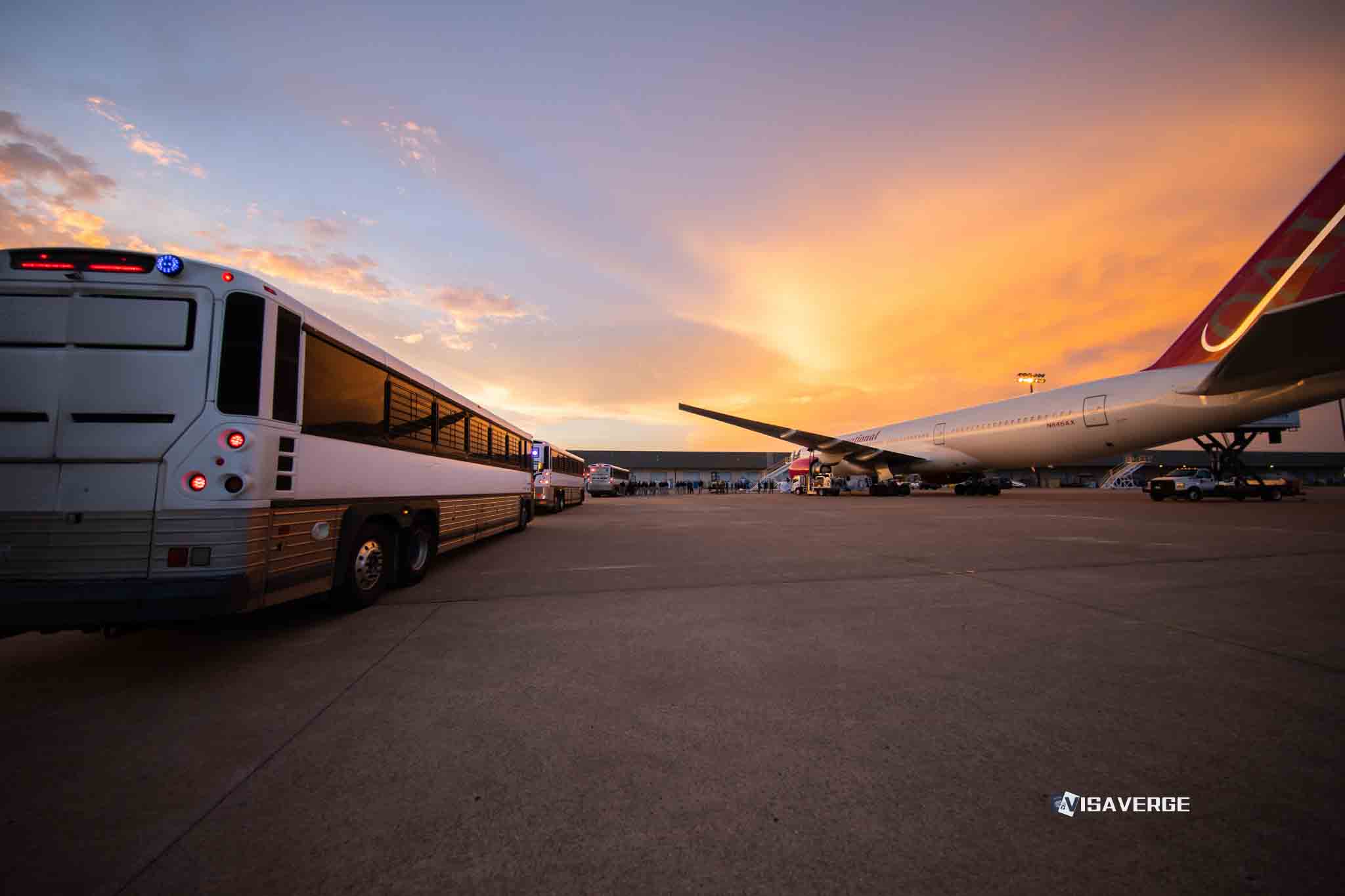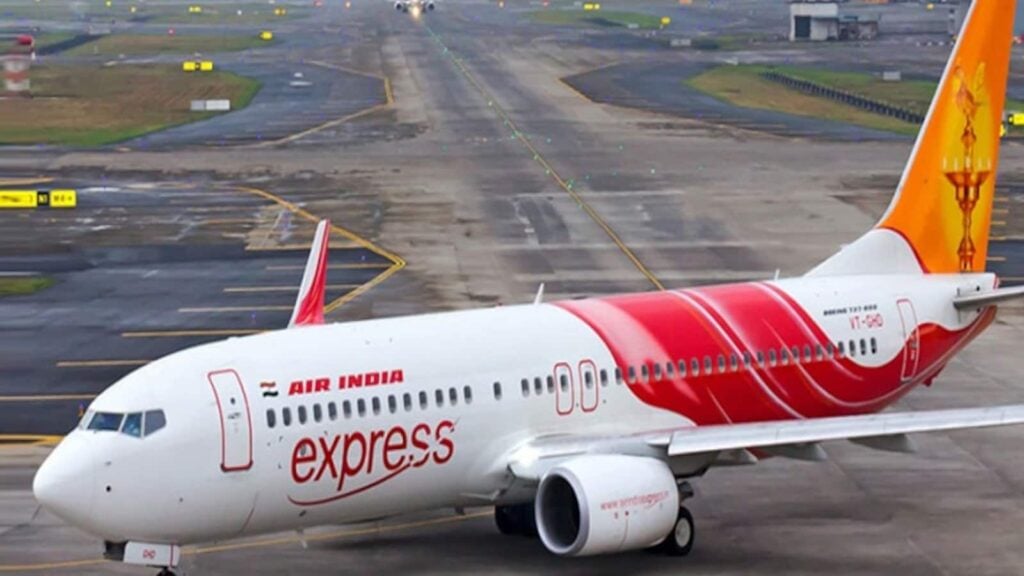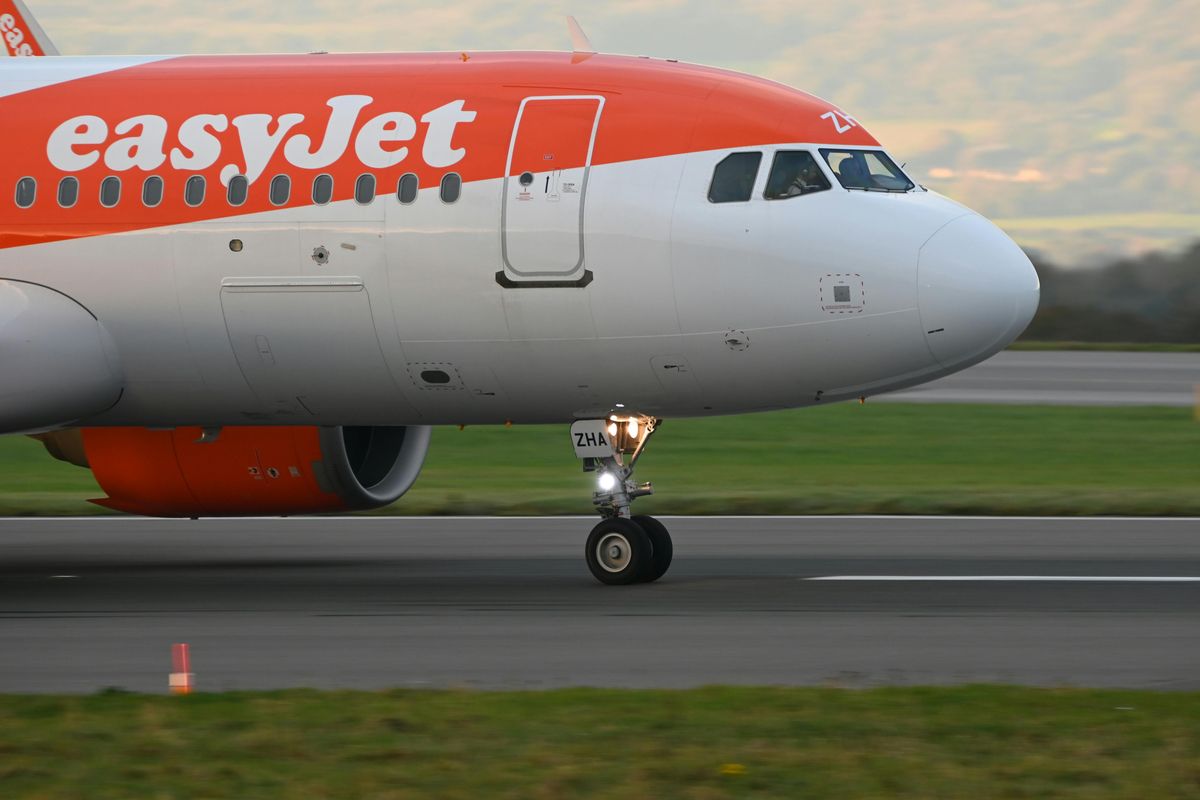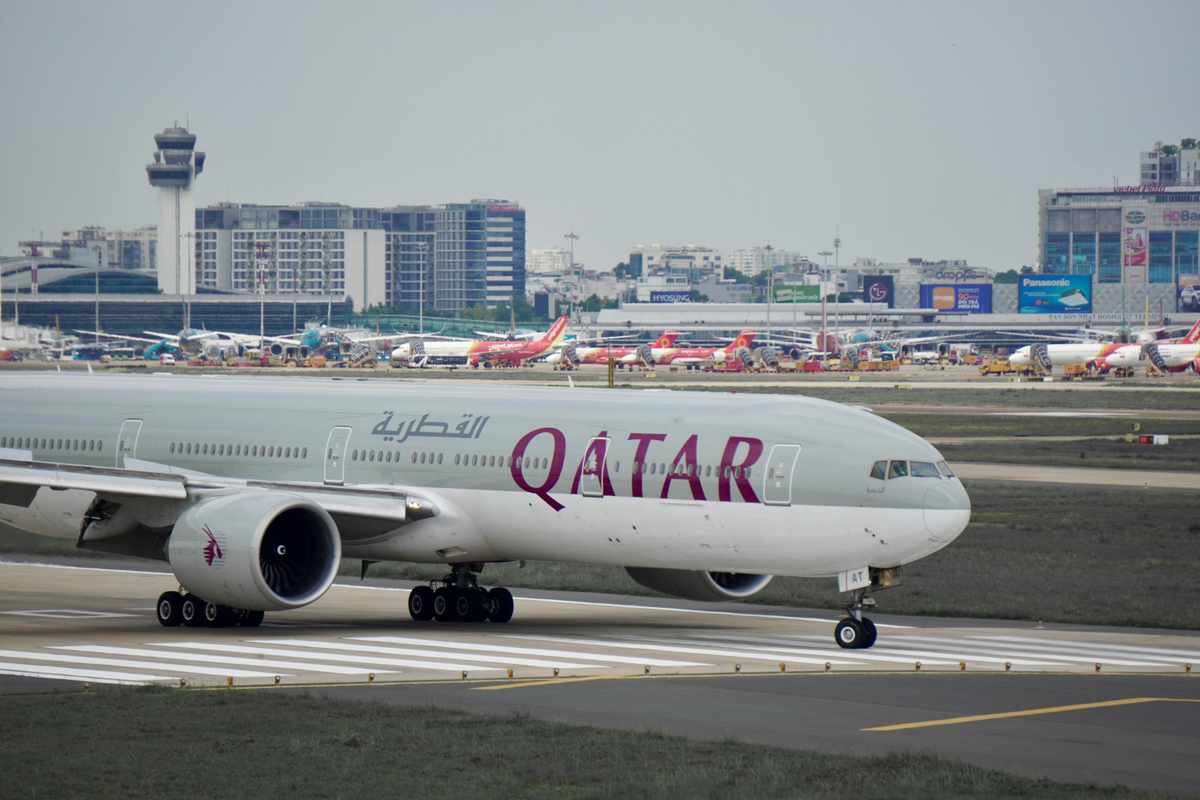As of July 22, 2025, the United States 🇺🇸 H-1B visa program has undergone some of its most significant changes in years, directly affecting skilled foreign workers, U.S. employers, students, and entrepreneurs. These updates, including a complete overhaul of the H-1B visa lottery system, have drawn strong reactions from public figures like Elon Musk and sparked debate across the tech and political worlds. Here’s a clear, detailed summary of what’s changed, who is affected, what actions are required, and what these changes mean for pending and future H-1B applications.
Summary of What Changed
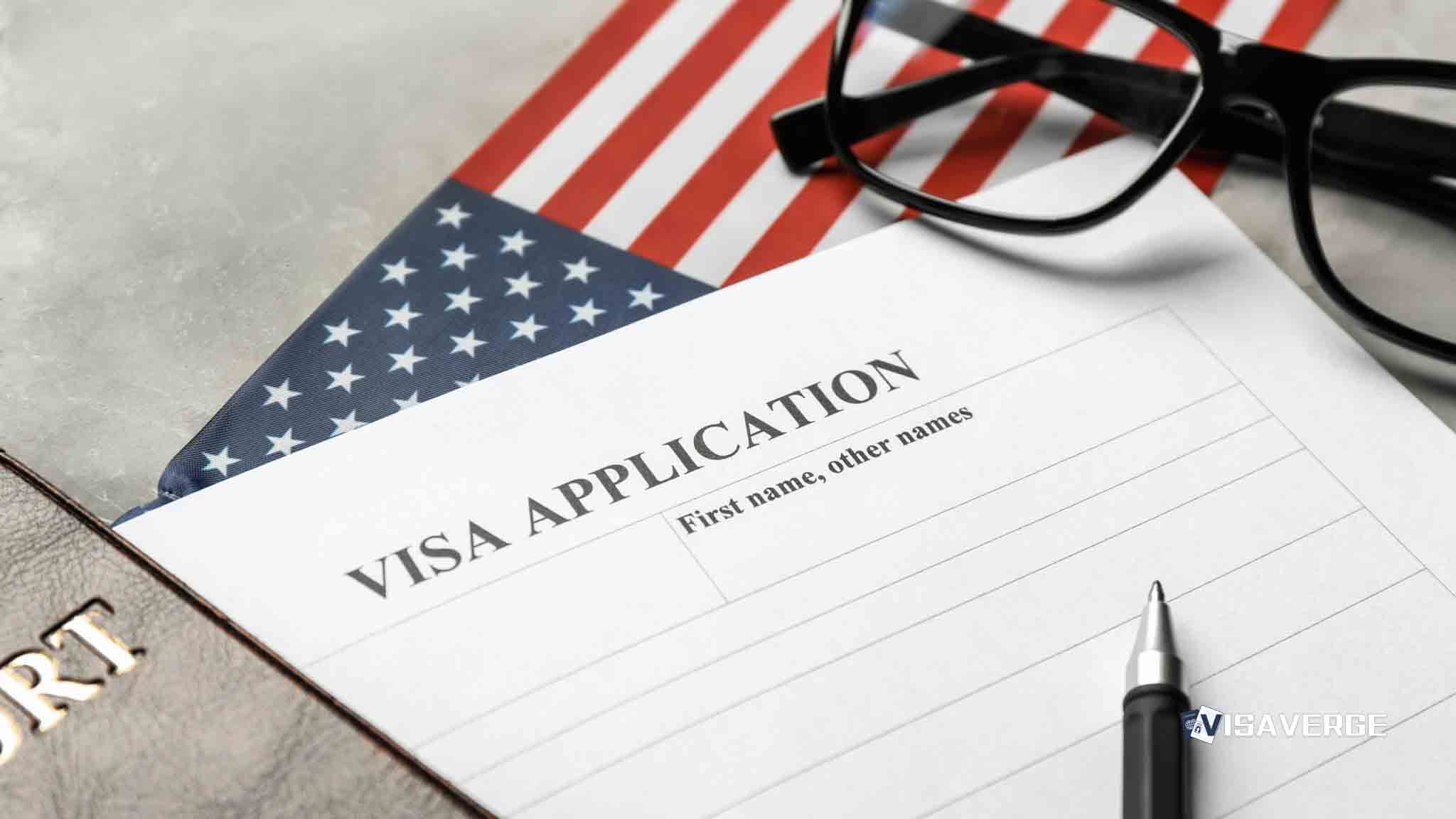
The Department of Homeland Security (DHS) put into effect a new set of rules on January 17, 2025, aimed at modernizing the H-1B visa program. The most important change is the way the H-1B lottery works. Instead of allowing multiple employers to submit registrations for the same person, the new system counts each applicant only once, no matter how many employers want to hire them. This “beneficiary-centered” approach is designed to make the process fairer and reduce abuse, especially by large staffing companies.
Other major changes include:
- A much higher lottery registration fee (from $10 to $215 per person)
- Clearer rules about what jobs qualify as “specialty occupations”
- New options for entrepreneurs to sponsor themselves for H-1B visas
- Stronger protections for F-1 students moving to H-1B status
- Increased enforcement and site visits to catch fraud
These changes are already in effect for the 2025-2026 H-1B cycle, and more reforms—like a possible wage-based or points-based selection system—are being considered for future years.
Who Is Affected
- Foreign workers hoping to get an H-1B visa, especially those in tech and STEM fields
- U.S. employers of all sizes, including startups and large staffing agencies
- F-1 international students in the United States 🇺🇸 who want to stay and work after graduation
- Entrepreneurs who want to start or grow companies in the United States 🇺🇸
- Immigration attorneys and legal advisors helping clients with H-1B applications
Effective Dates
- January 17, 2025: New H-1B modernization rule took effect
- June 30, 2025: H-1B petition filing window for FY 2025-2026 closed; cap was met
- July 2025: Official confirmation that the H-1B cap was reached; no second lottery planned
- March 2026 (estimated): Next H-1B lottery registration expected to open
Required Actions
For Employers:
– Review the new beneficiary-centered lottery rules. You can no longer boost an applicant’s chances by submitting multiple registrations through different companies. Each person is only entered once.
– Budget for the higher registration fee of $215 per applicant.
– Check that your job offers meet the new “specialty occupation” definition. The job must require a bachelor’s degree in a field directly related to the work.
– Prepare for possible site visits and stricter enforcement from USCIS.
– If you’re a startup or entrepreneur, consider the new option to sponsor yourself for an H-1B visa.
For Applicants:
– Understand that multiple job offers won’t increase your lottery odds. Only one entry per person is allowed, no matter how many employers want to hire you.
– If you’re an F-1 student, the new “cap-gap” rule gives you more time to stay and work while waiting for H-1B approval.
– If you’re not selected in the lottery, look into cap-exempt H-1B jobs (like at universities), other visa types (such as O-1 or L-1), or try again next year.
– Seek legal advice. The rules are more complex, and a lawyer can help you avoid mistakes.
For Pending Applications:
– If you filed for FY 2025-2026, the cap is already met. If you’re on the waitlist, you may still get picked if others withdraw or are denied.
– If your application is pending, check your status regularly and respond quickly to any USCIS requests.
Detailed Breakdown of the Changes
1. Beneficiary-Centered Lottery System
The biggest change is how the H-1B lottery now works. In the past, large companies and staffing agencies could submit many registrations for the same person, giving them an unfair advantage. Now, each applicant is entered only once, no matter how many employers want to hire them. This helps:
- Level the playing field for small businesses and startups
- Reduce fraud and abuse by preventing “gaming” of the system
- Make the process fairer for all applicants
2. Higher Registration Fee
The cost to enter the H-1B lottery jumped from $10 to $215 per person for the FY 2026 cycle. This is meant to:
- Discourage frivolous or duplicate registrations
- Fund better enforcement and fraud prevention
Employers should plan for this higher cost, especially if they want to sponsor several workers.
3. Clearer Specialty Occupation Rules
The new rules make it clear that H-1B jobs must require a bachelor’s degree in a field directly related to the job duties. This means:
- No more “generic” degree requirements—the degree must match the job
- Stricter review of job descriptions and qualifications
Employers should double-check that their job offers meet these requirements before filing.
4. Entrepreneurial Opportunities
For the first time, entrepreneurs can have their own companies file H-1B petitions for themselves. This opens the door for:
- Startup founders to get H-1B visas
- More innovation-driven applications
However, entrepreneurs must still meet all other H-1B requirements, including the specialty occupation rule.
5. Strengthened Cap-Gap Protections for F-1 Students
F-1 students who are selected in the H-1B lottery now get an automatic extension of their student status and work authorization until April 1 of the next fiscal year (previously September 30). This helps:
- Prevent gaps in work authorization
- Give students more job security while waiting for H-1B approval
6. Enhanced Enforcement
USCIS now has more power to:
- Conduct site visits to check if employers are following the rules
- Impose penalties on companies that break the rules
Employers should be ready for possible inspections and keep careful records.
7. No Second Lottery for FY 2025-2026
For the current cycle, the H-1B cap was reached by June 30, 2025. There will be no second lottery this year. If you’re on the waitlist, there’s still a chance your petition could be approved if others drop out, but new entries are not allowed until the next cycle.
8. Possible Future Changes: Wage-Based or Points-Based Selection
There is growing support for moving away from a random lottery to a system that:
- Prioritizes higher-paying jobs
- Rewards advanced degrees or special skills
This could mean a wage-based or points-based system in the future, but it is not in effect yet. Applicants and employers should watch for updates, as this could change how the lottery works as soon as the 2026 cycle.
Elon Musk’s Public Support and Critique
Elon Musk, who has personal experience with the H-1B process, has been very vocal about the need for reform. He called the Trump administration’s proposal to overhaul the H-1B lottery system “great,” saying the old system was “broken” and easily abused. Musk’s main points include:
- Raising the minimum salary for H-1B jobs to make it more expensive to hire foreign workers than Americans, which he believes would lead to higher wages and less exploitation
- Imposing a yearly maintenance cost on H-1B hires to further discourage abuse
- Supporting reforms that help the United States 🇺🇸 keep its lead in technology by attracting the best talent
Musk’s views have sparked debate. Some conservatives argue that the H-1B program takes jobs from Americans and should be restricted, while many in the tech industry agree with Musk that foreign talent is essential for U.S. innovation.
Implications for Pending Applications and Future Planning
If you have a pending H-1B application:
- Check your status regularly on the USCIS Case Status Online page.
- Respond quickly to any Requests for Evidence (RFEs) or other notices from USCIS.
- If you’re on the waitlist, know that you may still be selected if others withdraw or are denied.
For future applicants and employers:
- Start preparing early. The new rules mean more paperwork and stricter reviews.
- Work with an immigration lawyer to make sure your application is strong and meets all requirements.
- Watch for updates about possible changes to a wage-based or points-based system.
Background and Historical Context
The H-1B visa program has long been a key way for skilled foreign workers to come to the United States 🇺🇸, especially in technology and science fields. However, the program has faced criticism for:
- Lottery abuses (like multiple registrations for the same person)
- Low wages for some H-1B workers
- Concerns about U.S. workers being replaced
The Trump administration took steps to restrict the program in 2020, but the 2025 reforms under DHS are meant to balance the need for skilled workers with stronger fraud prevention and fairness.
Elon Musk’s support for these changes is especially notable because he himself came to the United States 🇺🇸 as an H-1B visa holder before becoming a U.S. citizen. He argues that smart reforms can help the country stay ahead in technology and innovation.
Expert and Stakeholder Perspectives
- Elon Musk: Supports higher salary requirements and stricter rules to stop abuse, but wants to keep the door open for top talent.
- Conservative Critics: Worry that the program hurts American workers and want more restrictions.
- Tech Industry: Generally supports more H-1B visas and reforms that make the process smoother and fairer.
- Immigration Experts: Strongly recommend legal advice and careful planning under the new rules.
Official Resources and Where to Get Help
- U.S. Citizenship and Immigration Services (USCIS): The main source for H-1B rules, forms, and updates. Visit the USCIS H-1B Specialty Occupations page for official information.
- Department of Homeland Security (DHS): Oversees the H-1B program and its enforcement.
- Immigration Attorneys: Can help you understand your options and avoid costly mistakes.
Key Forms and Links
- H-1B Petition Form (Form I-129): Official USCIS Form I-129
- H-1B Lottery Registration: USCIS H-1B Electronic Registration Process
- F-1 Student Cap-Gap Extension: USCIS Cap-Gap Extension page
Summary Timeline of Key Dates
| Date | Event/Change |
|---|---|
| January 17, 2025 | DHS final rule on H-1B modernization effective |
| June 30, 2025 | FY 2025-2026 H-1B petition filing window closed |
| July 2025 | Official confirmation that H-1B cap was met |
| March 2026 (est.) | Predicted start of next H-1B lottery registration |
Actionable Takeaways
- Employers: Adjust your H-1B hiring plans for the new rules and higher costs. Make sure your job offers meet the specialty occupation requirements.
- Applicants: Focus on your qualifications and job offers, not on getting multiple employers to register you. If you’re not selected, explore other visa options.
- F-1 Students: Take advantage of the longer cap-gap extension for more job security.
- Entrepreneurs: Consider the new self-sponsorship option if you want to start a business in the United States 🇺🇸.
- Everyone: Stay informed, plan ahead, and seek legal advice when needed.
As reported by VisaVerge.com, these changes mark a major shift in how the United States 🇺🇸 manages its skilled worker visa program. The new rules aim to make the H-1B process fairer, reduce abuse, and help the country stay competitive in technology and innovation. For the latest updates and official guidance, always check the USCIS H-1B Specialty Occupations page.
By understanding these updates and taking the right steps, both employers and applicants can better prepare for the new H-1B landscape and make informed decisions about their future in the United States 🇺🇸.
Learn Today
H-1B Visa → A U.S. visa allowing skilled foreign workers to be employed temporarily in specialty occupations.
Beneficiary-Centered Lottery → A lottery system where each applicant is entered once, regardless of multiple employer registrations.
Cap-Gap Extension → An automatic work authorization extension for F-1 students awaiting H-1B visa approval after graduation.
Specialty Occupation → A job requiring a bachelor’s degree closely related to the work performed under H-1B.
USCIS → U.S. Citizenship and Immigration Services, the agency managing visa applications and enforcement.
This Article in a Nutshell
Major H-1B visa reforms effective January 2025 overhaul the lottery system, raising fees and limiting registrations. Elon Musk supports changes aiming for fairness and innovation. These reforms impact workers, employers, and students, shaping the future of skilled immigration in the U.S. Planning and legal advice are now crucial for success.
— By VisaVerge.com





